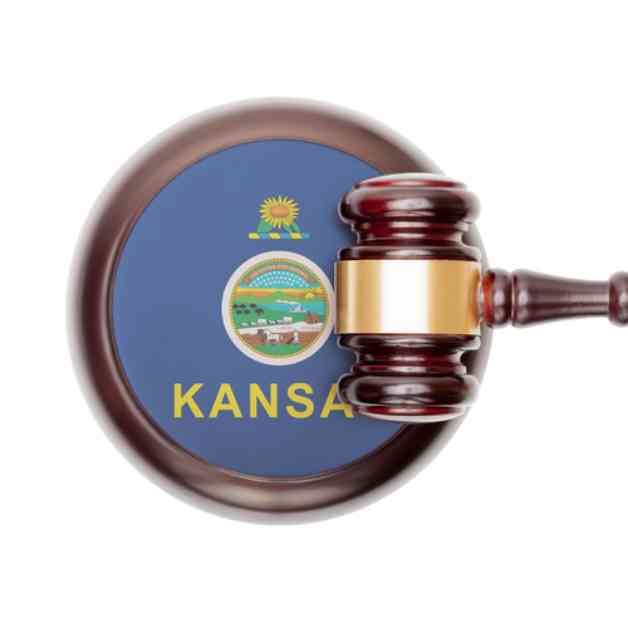Kansas Attorney Shortage Nears ‘Constitutional Crisis’, Warns Justice
A concerning situation is unfolding in rural Kansas, where a severe shortage of lawyers is pushing the court system to its limits. Kansas Supreme Court Justice Keynen “K.J.” Wall Jr. recently sounded the alarm, stating that the state is on the brink of a “constitutional crisis” due to this ongoing issue.
The Struggle of Rural Areas
Justice Wall, who led a committee to investigate the matter, shed light on the challenges faced by rural communities in accessing legal representation. With only 21% of the state’s working attorneys practicing in rural areas, a significant disparity exists between the legal needs of these regions and the available resources. This scarcity is forcing judges to seek lawyers from outside the community to fulfill the obligation of providing court-appointed representation.
Looming Challenges and Potential Solutions
The situation is expected to worsen as the attorney population in rural Kansas is older than the national average, with many nearing retirement age. In counties where attorneys are predominantly over 60 years old, the prospect of having one or fewer attorneys per 1,000 people is becoming a stark reality. Some counties, like Hodgeman and Wichita, already have no active lawyers, exacerbating the legal vacuum in these areas.
To address this pressing issue, the Kansas Rural Justice Initiative report offers ten recommendations aimed at bolstering legal support in rural regions. These proposals include establishing a rural-attorney training program at the state’s law schools, implementing tuition-reimbursement incentives, creating a student loan repayment initiative for rural lawyers, and forming a professional group to address recruitment and retention challenges.
Collaborative Efforts for a Sustainable Solution
It is evident that collaborative efforts between the Kansas Supreme Court, lawmakers, and other stakeholders are crucial in finding sustainable solutions to the attorney shortage crisis. By investing in training programs, financial incentives, and professional support networks, the state can work towards ensuring equitable access to legal representation for all Kansas residents, regardless of their geographic location.
Let’s reflect on the impact of this attorney shortage on the lives of individuals in rural Kansas. Imagine needing legal assistance for a critical matter, only to find that there are no available lawyers in your county. The stress and uncertainty that come with navigating the legal system without proper representation can be overwhelming and daunting. It is essential to address this issue promptly to uphold justice and safeguard the rights of all Kansans, regardless of where they reside. By prioritizing the recruitment and retention of attorneys in rural areas, we can strive towards a more equitable and accessible legal system for all.















